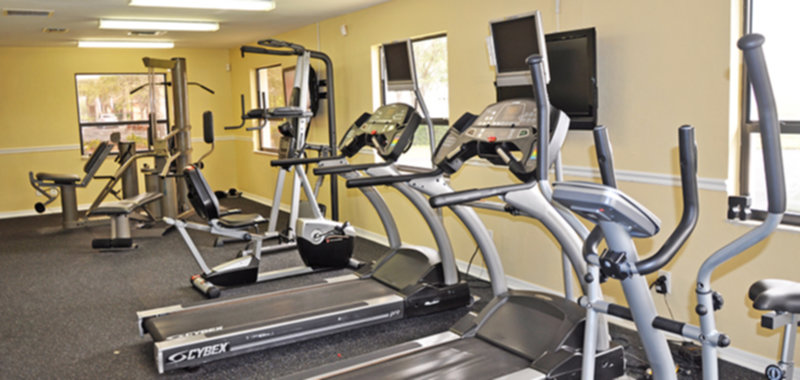Exercise Therapy

Exercise therapy is an important component of addiction rehabilitation and recovery. It can help to manage symptoms related to stress, anxiety and depression that often accompany or are the catalyst for drug abuse. Through exercise therapy, the patients at WhiteSands Treatment Center become more aware of the importance of maintaining their health and well-being.
Drug and alcohol dependence causes structural and chemical changes in the brain, and inhibits the natural production of dopamine. Exercise therapy can help aid in the making of this chemical in order to help stop the dependence on the addictive substance. As dopamine levels in the brain begin to normalize, and the drug is no longer required to produce feelings of happiness, patients can begin to focus on their recovery with their new, improved mood and feeling of wellness.
Studies have shown that those who exercise are less likely to abuse drugs or alcohol. Exercise therapy can alter the way people in addiction recovery feel about themselves. Because working out requires commitment and routine, it creates a sense of accountability and self-control, which is required to prevent relapse. Exercise regimens can also help to improve overall health by reducing the risk for certain types of cancer, improving the immune system and alleviating symptoms related to depression and anxiety. Endorphins released during physical activity can help the patient’s body relax and restore feelings of pleasure and happiness.
Physical activity can influence an individual’s physiological and mental well-being. It’s hard for people to begin working out after long stretches of inactivity. Nevertheless, starting a new exercise program may have its immediate advantages. It can help in the regulation of body weight and keep the heart healthy. Swimming and running, for example, can help with blood flow and circulation, as well as enhance mood and help change patients’ outlook on sobriety.
[ac_gallery id=”7451″]
Treatment
Commitment to exercise helps to reduce the possibility of relapse. Our exercise program involves various types of physical activities, which are carried out in a group setting to help encourage a sense of health and community. Daily physical activity also promotes structure and discipline, creating organizational skills and willpower needed for recovery.